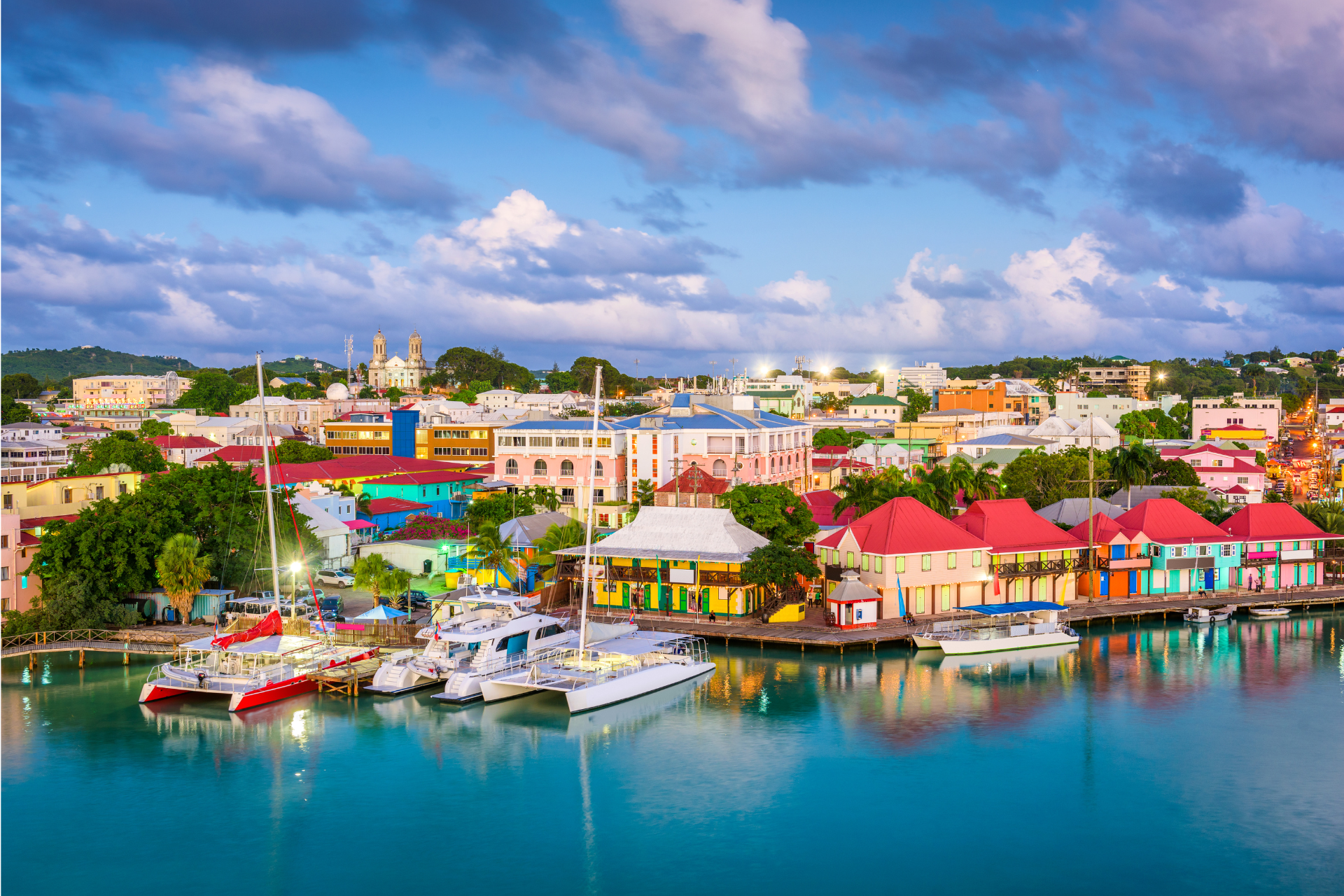On April 15, a group of 43 Members of Congress sent a letter to Attorney General Merrick Garland asking for the Department of Justice to “unequivocally reject the discriminatory and racist doctrine of territorial incorporation established by the Insular Cases.”
“The colonial system established by the Insular Cases was based on the Court’s judgment that the people residing in the territories were racially and culturally inferior to Anglo-Saxon white Americans and, therefore, unfit for the protections of the Constitution, self- government, or self-determination,” the authors wrote. “The people in these territories have been denied essential constitutional protections and human rights for the last 125 years.”
Emphasizing the current influence of the cases, the letter went on to say, “Today, residents of the territories pay over $3 billion in federal taxes and serve in the military at rates that exceed any state, but are excluded from life-saving federal benefits, including Supplemental Security Income (SSI) and the Supplemental Nutrition Assistance Program (SNAP). Poverty rates in the U.S. territories range from approximately 23 percent to 60 percent, compared to the national poverty rate of approximately 11 percent. All of this has contributed to double-digit population declines across the territories, disrupting communities and separating families.”
The letter asks the DOJ to “tak[e] clear action to condemn the Insular Cases and their doctrine of territorial incorporation.” It further expresses concern that “the 3.6 million residents of American Samoa, Guam, the Northern Mariana Islands, Puerto Rico, and the U.S. Virgin Islands—98 percent of whom are racial or ethnic minorities—will continue to be denied democracy, equity, and self-determination so long as the Insular Cases define their relationship with the United States.”
The Insular Cases
The Insular Cases are a group of Supreme Court decisions from the beginning of the 20th century. All of them relate to the then-new island (insular) territories the United States had acquired at the end of the 19th century. The decisions in these cases had negative consequences for the territories, and continue to do so today.
For example, the Supreme Court decision in Vaello Madero, which affirmed the right of Congress to treat Puerto Rico unequally compared with states, relied largely on the precenedents of the Insular Cases.
The language in the decisions written by the justices is abhorrent to modern Americans, including as it does talk of “savage tribes” and “alien races” and claims that “the administration of government and justice according to Anglo-Saxon principles may for a time be impossible” because of the inadequacies of the inhabitants. It is impossible to imagine statements of this kind being made by justices in the United States today.
Indeed, Supreme Court justices have made relatively recent comments about the Insular Cases. In 2022, Justice Neil Gorsuch wrote that the Insular Cases “have no foundation in the Constitution and rest instead on racial stereotypes.” Justice Sonia Sotomayor said that they were “premised on beliefs both odious and wrong.”
Members of Congress, as well as other citizens, have repeatedly recommended that the Insular Cases be repudiated by the Supreme Court. The U.S. Commission on Civil Rights recently prepared a report examining the current effects of these historical cases. In it they recommended “a declaration that the Insular Cases are a form of discrimination against the civil rights of the residents of Puerto Rico”
Has the Supreme Court repudiated decisions before?
Decisions made by the Supreme Court can be overturned. Some cases have been overruled by later decisions. Examples include the famous case of Roe vs. Wade, which made abortion legal throughout the United States, and Quill vs. North Dakota, a case pm sales tax for remote sellers. Others have been officially repudiated without being overturned by a later case. The list of decisions later rejected includes hundreds of cases.
The Supreme Court has considered several cases which might have given an opportunity to overturn the Insular Cases, including Sanchez Valle and Fitsemanu, but has declined to take that step.
The congressional letter does not ask the court to take this step. Instead, it asks the Department of Justice to reject the very idea of unincorporated territory status.
Complications
Until they are overturned, the Insular Cases will continue to influence legal decisions and related federal policy. The concept of stare decisis — the principle of respecting prior court decisions — promotes stability and predictability in the legal system. Overturning a long-standing precedent like the Insular Cases sets a new precedent of disregarding prior rulings. Courts are generally hesitant to do this unless there’s a compelling reason, such as a clear violation of the Constitution. Critics of the Insular Cases argue that their racist foundations weaken their legitimacy, potentially justifying reconsideration.
One example of a potential complication is the case of American Samoa. As an unincorporated territory, Samoa can maintain traditional rules about land ownership which would not be permitted under the U.S. Constitution. Overturning the concept of unincorporated territories would bring Samoa under the U.S. Constitution, opening them to changes in the traditional practices.
Since many legal decisions about the territories have relied on the Insular Cases, many such laws would need to be reconsidered.
Residents of US territories like Puerto Rico and Guam are US citizens, but they cannot vote in presidential elections and have only non-voting delegates in Congress. This limited political representation makes it challenging for them to advocate for changes to their legal status, including legislative issues related to the Insular Cases.
These factors create a situation where the Insular Cases remain in force despite their controversial nature.


